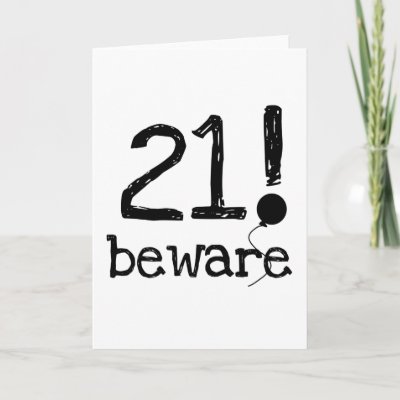The utterly sad thing about being human is to mistake wrong for right, seeing evil deeds as maintaining justice because one is so misguided as to see oneself as superior to others
A man was accused of offending the honour of the King, the Queen, and the Heir-apparent without any clear evidence. He was judged based on the hypothesis that he was guilty. He was sentenced according to the law decreed by the coup group in 1976 and imprisoned for three to five years for an offence that was merely verbal. The penalty was even greater than offences against life or offences relating to sexuality.
He requested eight times to be bailed, and, even though he was sick, all requests were refused by the court, claiming that the offence was acute despite the fact that it was a libel case. The court acted as if granting him temporary bail according to his right would result in Thailand being shattered once he was released.
This is the way that judicial discretion works in the interests of monarchist ideology.
Time after time, Thailand has witnessed a lack of humanity in the implementation of Article 112 of the Criminal Code. Not to mention the fact that a just state, one that observed the rule of law, would respect the right and freedom of the people under the democratic regime…
this barbaric state has ruled without the slightest mercy.
From the Constitution of the Kingdom of Thailand,
Section 4 states that human dignity, rights, liberty, and equality of the people shall be protected.
Section 26 states that in exercising powers of all state authorities, regard shall be given to human dignity, rights, and liberties in accordance with the provisions of this Constitution.
Section 30, the first clause, states that all persons are equal before the law and shall enjoy equal protection under the law.
Section 39, the second clause, states that the suspect or the accused in a criminal case shall be presumed innocent.
And, the third clause states that before the passing of a final judgment convicting a person for committing an offence, such a person shall be not be treated as a convict.
Section 40, the second clause, states that basic rights in judicial process which must at least guarantee an open court hearing; right to factual information and sufficient cross-examination of documents; right to present facts, witness or evidence, and express his or her dissent or disagreement with judges or arbitrators; right to require full quorum of judges or arbitrators in the hearing of his or her case; and right to hear the clarification of court decision, judgment, or order.
And, the seventh clause states that an alleged offender and the accused in criminal case shall have the right to correct, prompt and fair investigation or trial with an adequate opportunity in defending his case, the right to examine or to be informed of evidence, right to defend himself through counsel and the right to bail.
Or perhaps these provisions exist only to deceive the people that Thailand is a civilised country?
Why did the court not act in accordance with the law? Should the judges continue to hold their jobs despite this?
At present, those who support amendment of Article 112 of the Thai Criminal Code feel ashamed as citizens of a country that lets injustice appear naked in front of its citizens.
A man has died in prison without being granted the right that belongs to him. It is the right not only of a citizen under a democratic regime, but the right of a human being.
Although, unfortunately, his death still fails to awaken the human side in many people in this country, the Sang Sumnuek Writers are determined to push for the amendment of this law, and other matters pertaining to it, for a better society.
In whatever way the parliament will turn down the proposal to amend the Article 112 of the Criminal Code, we will keep finding ways to campaign and to campaign permanently.
Until the day that the people have their true representatives,
that day courage will resurrect from mortality.












